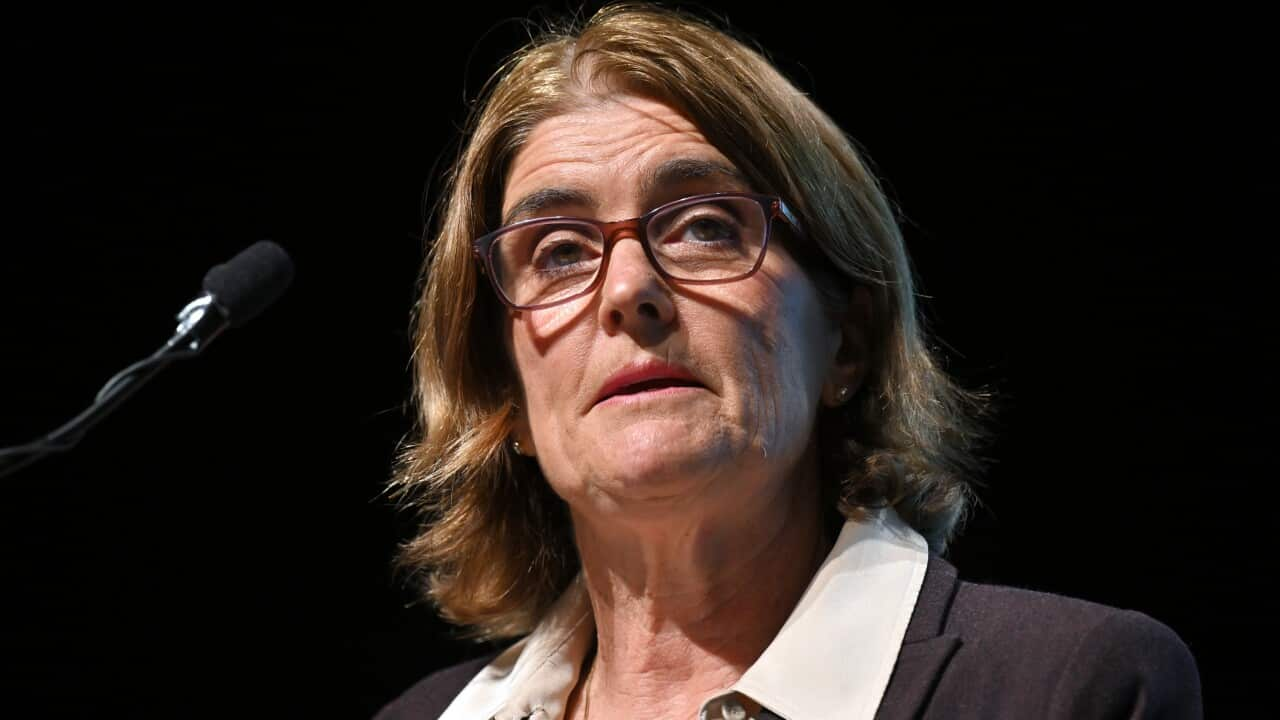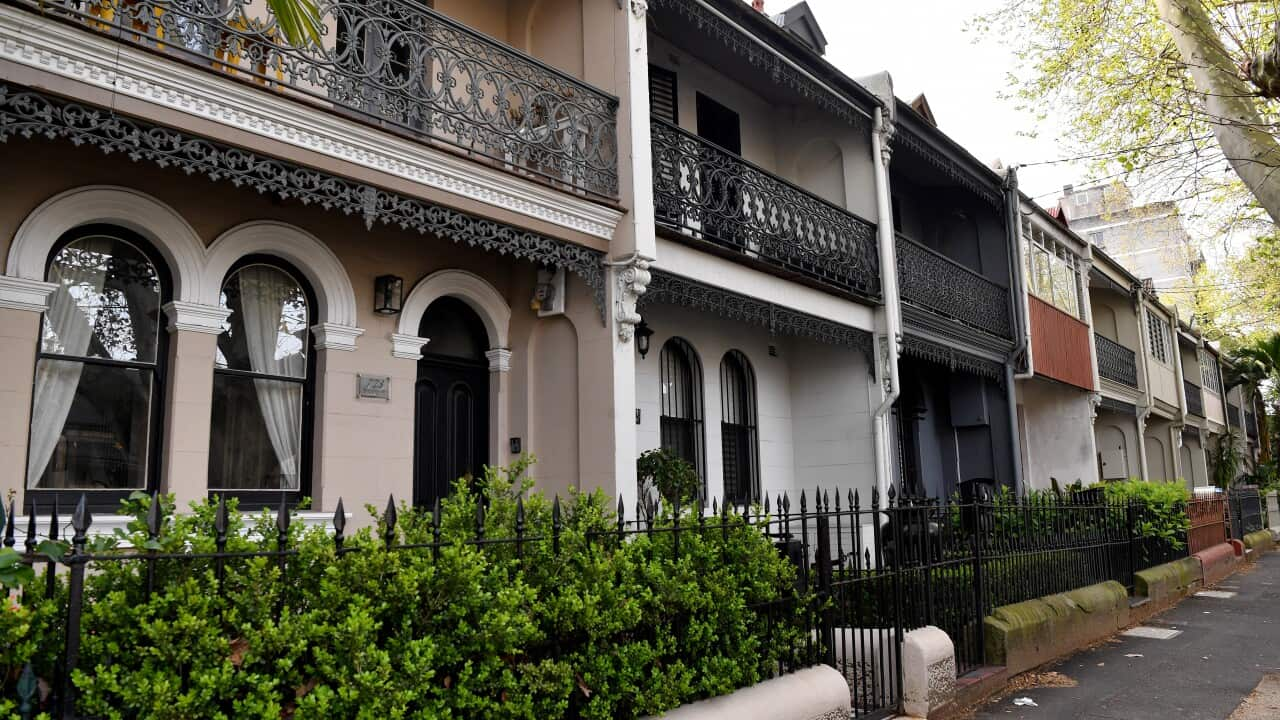Jess finds the prospect of buying a home on a single income "absolutely terrifying".
She has been to countless auctions, surrounded by couples and families making her acutely aware that she does not have the same "safety net", fronting all of life's costs including a mortgage on her own.
The 36-year-old public servant earns more than $120,000 a year, and even on her above-average wage she says her mortgage broker told her she "can't have it all".
"I think the reality is young single people have got to make a choice between where they live, how they spend their money, and what other things they want from life," Jess, who lives in Melbourne, told SBS News.
"And if it's a house, great, you can think that. But if travel is important to you or starting a family is important to you on your own then you can't have it all.
"He told me you've got to pick and that's pretty tough."
It's a choice that became even harder on Tuesday, as the Reserve Bank of Australia .
The decision was a blow to mortgage holders, whose mortgage repayments on the average $590,000 mortgage , according to financial comparison site Finder.
For those such as Jess, the dream of buying their first home is further out of reach.
Record high interest rates have reduced Jess's borrowing capacity by roughly $150,000 in the last 12 months as house prices soared, forcing her to put her dream of home ownership on the "backburner".
So, is it still possible to buy a home on your own in Australia?
How much do you have to earn to buy a home across Australia?
Data released by Finder following Tuesday's cash rate hike estimates that Australians need a minimum $182,000 income to afford the average home nationwide.

Source: SBS News
Housing affordability is best in Perth and Darwin where an income of $116,125 will get you the average $590,000 home, with estimates based on prospective buyers having a 20 per cent deposit.
Who can afford to buy a home?
The September report by property analysis group PropTrack painted an equally grim picture for Australians hoping to own their first home.
PropTrack's senior economist Angus Moore told SBS News that challenges around housing affordability were the worst they had been in three decades.
"No matter your income, you've never been able to afford to buy so few homes," Moore said.

Source: SBS News
Low-income households on $64,000 a year can afford just 3 per cent of homes.
"I think that kind of highlights just how tough it is to afford homes at the moment and how stretched affordability is as a result of the rapid increase in interest rates that we've seen," he said.
Meanwhile, home prices have been "remarkably resilient" and are up 4.9 per cent nationwide despite high interest rates, with Sydney up 7.5 per cent and Perth above 10 per cent over the past year.
Moore said given the interest rates, these results were "surprisingly strong" and while household prices grew, people's borrowing capacity had shrunk.
The 11 cash rate rises since May 2022 have slashed the borrowing capacity by 30 per cent in 24 months, with wage growth struggling to offset the increase in rates.
How do first home buyers enter the housing market?
Australian National University associate professor Ben Phillips said the last 12 to 18 months have been particularly challenging for first home buyers.
"It remains a pretty challenging equation for young people and particularly young single people. It's been difficult for a long time now," Phillips said.
He said another issue was the deposit gap, but that if people were able to get the funds together or have backing from their families for a deposit, then there are some options.
"For some people, it may be about lowering expectations. You could move further out or could purchase a smaller unit," he said.
"If you're in Melbourne or Sydney, useful advice is not to go over the top terms of what you spend but go down the property ladder. I think it's a sound investment if you can afford to do that."
While wage growth is slowly offsetting some of the interest rate increases, ultimately Moore said Australia needed to build more homes.
"There are things that we can do, and in particular we just need to build more homes where people want to live," he said.
"The reason that homes are very expensive in Australia is there aren't as many as people would like and it is very hard to find a home.
"And so the only sustainable long-term solution to housing affordability is to build more homes where people want to live."












